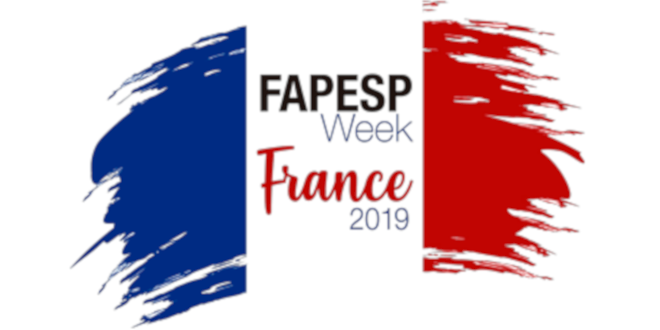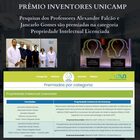News
FAPESP Week France 2019

Machines can be trained to classify images and then identify tumors in tomography, compositions in rocks or pathologies in optical microscope analysis. This area of artificial intelligence is known as machine learning and has been gaining new applications in recent years. The training of the machine is done through the repetition of images used as examples of a particular context or situation and the proper preparation of this material requires an effort of experts from the most diverse areas. "The human is the one who coordinates. Without expert control over the training process, the machine can learn to make decisions based on the characteristics of the image that are not related to the target problem. This generates a bad or restricted result to that database in which the machine was trained. When the database changes, the error increases significantly, making the analysis of the machine reliable ", said Alexandre Xavier Falcão, from the Institute of Computing at University of Campinas (Unicamp), in a lecture presented last Thursday (21/11 ) at Fapesp week France.
Falcão has combined computer science with different areas of knowledge from projects in machine learning, developed with the support of Fapesp, research line that investigates human-machine interaction in decision making.
More information about the project developed in LIDS can be found on the link in Portuguese: http://agencia.fapesp.br/avanco-em-aprendizado-de-maquina-possibilita-novas-tecnologias-baseadas-na-analise-de-imagens/31995/







